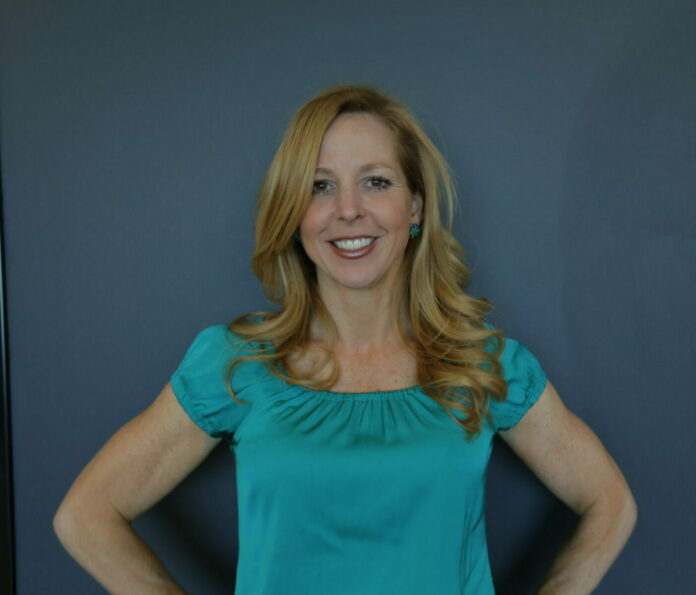The Goldhirsh Foundation is trying something different this year with its annual LA2050 Grants Challenge, a program designed to find solutions to social challenges in Los Angeles.
Instead of having people vote for organizations deserving of the grant money, the foundation is inviting the public to indicate which of the actual issues should receive funding.
“It used to be we let Angelenos vote for which organization would win,” said Tara Roth, president of the Goldhirsh Foundation. “But then we had to apply an evaluation lens.”
The results so far indicate that the topic of homeless and affordable housing, which has received more than 80% of votes, is by far the most pressing on the minds of voters. No other issue has accrued above 51%.
The LA2050 report measures life in Los Angeles through the following human development indicators: education; income and employment; housing; health; environmental quality; public safety; social connectedness; and arts and cultural vitality.
“LA2050 was a movement, sort of a report card for L.A. County,” Roth said. “It’s a community-guided vision about the way we want L.A. to be by 2050.”
From this online evaluation, the Goldhirsh Foundation devised its grant challenge.
“We have about 31 metrics that we’ve narrowed down across five different categories,” Roth explained. “Every voter can vote for one metric.”
The five categories boil down to live, play, create, connect and learn.
“We work with community members and experts to come up with what are in the initiative,” Roth said. “But it’s a crowd-sourced grant challenge.”
Close to 5,000 people are currently voting on which of the five issues organizations will apply for grants. The lead issues so far include the aforementioned affordable housing/homelessness, followed by green space, park access and trees; income inequality; public transit; and K-12 STEAM education.
On May 10, the LA2050 team will announce the results and open grant applications through June 20 to organizations with ideas to address the winning issues. The team will award a total of $1 million to 15 organizations on September 12, with each of 10 winners receiving up to $75,000 and five winners receiving $50,000 to pursue their missions.
Importantly, the grant winners can be for-profit companies or government agenices.
“We believe that social impact can come from any format or organization,” Roth said. “It does not necessarily have to be a (non-profit). We’ve had all different types receive from us.”
Transparency is key to the LA2050 Grants Challenge.
“We try to make the application easy, as user friendly and viewer friendly as possible,” Roth said. “We recognize this will go online.”
That’s because even if they don’t receive grant money, all of the proposed solutions addressing the issues go up in a marketplace of ideas at the LA2050 archive for the online community to read. The hope is that all these ideas will foster connections and spur social action.
The Goldhirsh Foundation is a private organization of Benjamin Goldhirsh, founder of the social impact site Upworthy/Good. The foundation was started with the goal of helping social innovators implement and scale solutions to critical societal challenges.
Since 2013, the organization has conducted a large portion of its grant-making via the annual LA2050 Grants Challenge, originally called My LA2050 Grants Challenge.
The LA2050 Grants Challenge “is the large, public-facing grant program of the Goldhirsh Foundation,” Roth said, but it isn’t the only program that the foundation contributes to.
“We do a lot of seed funding,” Roth said. “We work on sustainability issues and with Pro Publica on investigative journalism. We also work with civic entities such as Brand L.A., and we’ve done work with the White House Fellowship for inclusive entrepreneurship and access to capital.”
But the LA2050 Grants Challenge is the foundation’s main initiative to mobilize online participation and get the community involved.
“We want to make our work dynamic and fun and prove that we are constantly listening to our community,” Roth said. “We would like people on the frontlines to tell us where we should put some of our money. We’re casting an inclusive eye at who’s not at the table, who’s not receiving the funds.”

